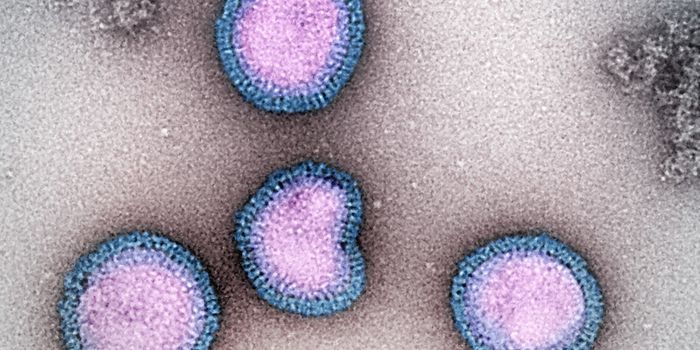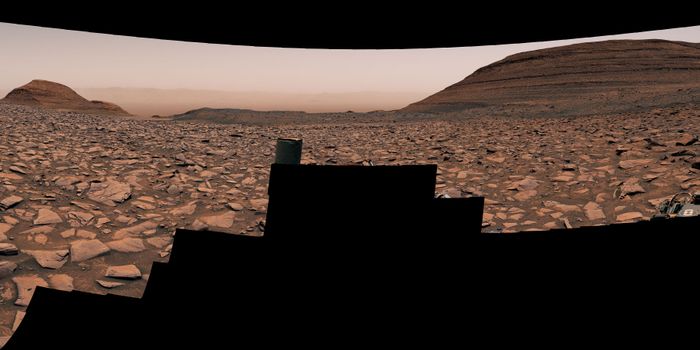NASA Wants Programmers to Make its Supercomputer Software Faster
NASA relies on supercomputers for some of their research, and because the supercomputers are responsible for crunching data very quickly, it comes as no surprise that NASA wants them to be both as accurate and efficient as possible.
Image Credit: Dominic Hart/NASA
One of the types of software NASA uses on its supercomputers is FUN3D, a type of design and simulation software that the agency uses to create virtual computer models for aviation research and more.
NASA is now calling on all computer programmers who think they have what it takes to make the FUN3D software faster and more efficient at what it does. The challenge is to make the software anywhere from 10-10,000 times faster than it currently is when ran on the Pleiades supercomputer.
Equally as important, the software needs to remain accurate, so coders won’t be able to cut corners in the program’s attention to detail in the process of speeding it up.
Related: Like anything else with a computer, NASA satellites can be hacked
“This challenge is specifically targeted to speed up the CFD portion of our aerospace research,” said Michael Hetle, TACP program executive.
“Some concepts are just so complex, it’s difficult for even the fastest supercomputers to analyze these models in real time. Achieving a speed-up in this software by orders of magnitude hones the edge we need to advance our technology to the next level!”
NASA is aware that the software isn’t as efficient as it could be, and that’s why they want experts to rule in their knowledge so that everyone involved can benefit from the results.
The program will enable U.S. citizens over 18 years of age that are interested in programming to download the FUN3D software source code and made modifications to its logic to allow it to run faster and crunch numbers in less time.
Afterwards, the software is submitted to NASA for review and the first and second-place winners will receive monetary rewards distributed from a $55,000 fund that has been set aside as prize money.
Applicants have a strict deadline of 5 P.M. Eastern time on June 29th to submit their code modifications. If you’re interested in partaking, or know someone who might be, you can apply by visiting the tournament web page.
It’s always great to see government agencies allowing ordinary U.S. citizens with unique talents to contribute to society. Not only does it benefit the cause, but it’ll also allow the winner(s) to put an impressive work in their portfolio that’s sure to impress future employment opportunities.
Source: NASA









